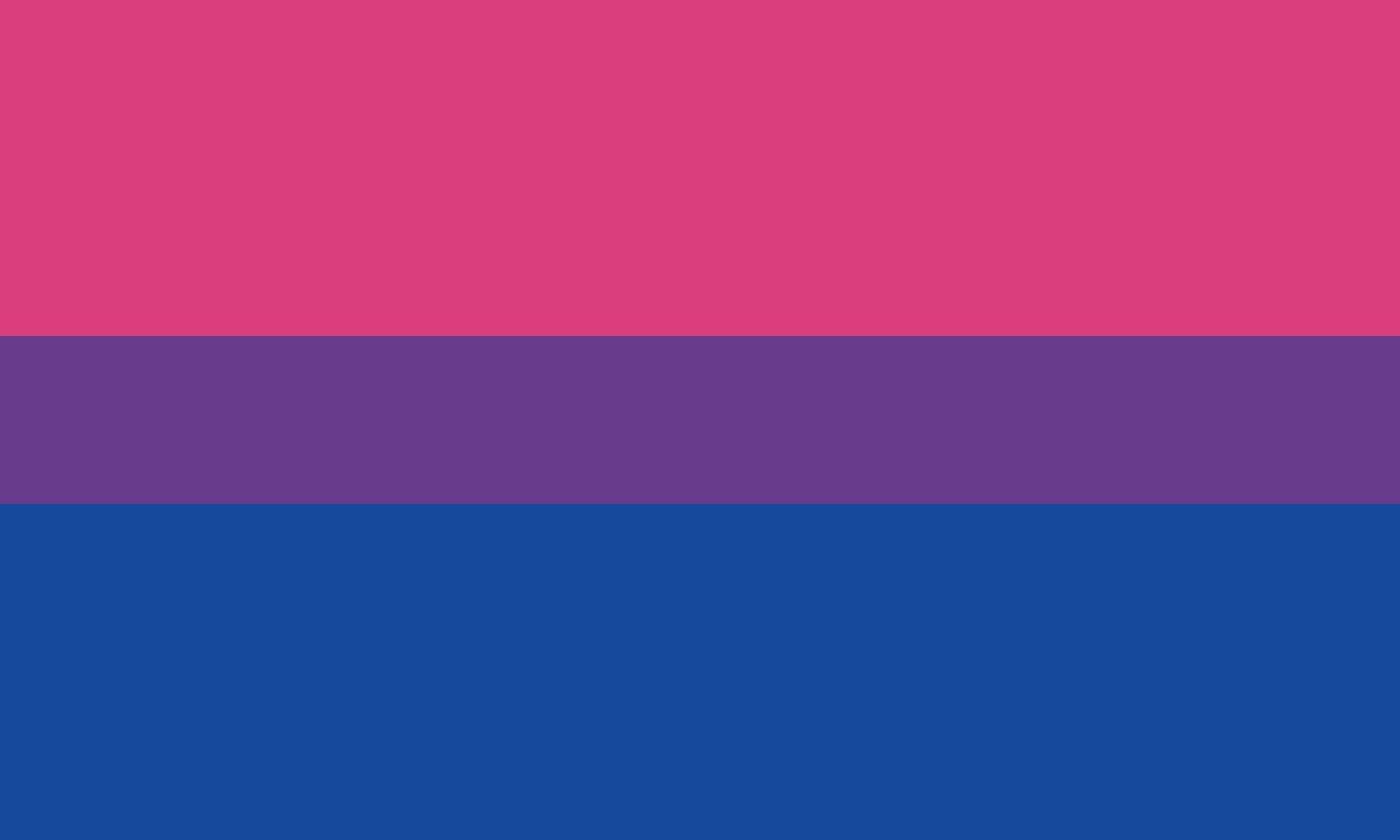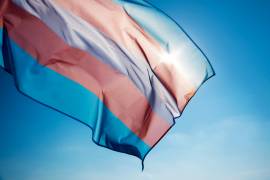This month marks the fifth annual Bisexual Health Awareness Month.
In its fifth year, this campaign is more important than ever. In 2018, threats to LGBTQ health care are increasing – even at the hands of the United States Department of Health and Humans Services (HHS) – while troubling health disparities within the bisexual population persist.
As reported in Lambda Legal’s groundbreaking 2014 report on LGBTQ health care issues, “When Health Care Isn’t Caring,” a survey of nearly 5,000 LGBT people and people living with HIV, the majority of respondents experienced discrimination in health care, ranging from being denied care to being subjected to abusive conduct or language, including cases in which health care professionals refused to even touch their patients who are LGBT or living with HIV.
While the LGBTQ community in general faces such terrible hurdles in many contexts, bisexuals (already the largest group within the LGBT community) struggle with health problems at even greater rates than lesbians and gay men.
For example, the Psychology Today article “Bisexual Health Disparities” reveals that when compared to gay men and lesbians as well as heterosexuals, bisexual people are more likely to be in poor or fair physical health, to suffer from depression and other mood or anxiety disorders, to smoke or engage in risky drinking, and to suffer from higher rates of hypertension. The Movement Advancement Project (MAP) report Invisible Majority: The Disparities Facing Bisexual People and How to Remedy Them details the same disparities, while also documenting that, even as compared to lesbians and gay men, bisexuals face disproportionately higher rates of eating disorders, suicidal ideation, cardiovascular disease, substance use, and some forms of cancers and sexually transmitted infections. The HRC report Health Disparities Among Bisexual People similarly concludes that bisexual people “face striking rates of poor health outcomes ranging from cancer and obesity, to sexually transmitted infections to mental health problems,” and are far more likely to exhibit self-harming behavior.
While suffering disproportionately high rates of physical and mental health problems, bisexuals conversely are able to obtain health care at disproportionately low rates. The Center for Disease Control and Prevention’s National Health Statistics Reports document that bisexuals are less likely to have health insurance than gay and straight people, and as a result, are more likely to have foregone necessary health care treatment. In addition, even when they are able to access medical care, the Williams Institute reports that bisexuals are the least likely to disclose their sexual orientation to their health care providers.
Between the discrimination in health care that bisexuals share with other LGBTQ people and the health disparities facing bisexual people to an even greater degree, there is plenty of work to be done. Sadly, however, LGBTQ people and everyone living with HIV must confront even greater hurdles than ever these days, now in the form of hostility from our own government – indeed, from our own HHS.
In January, the federal government announced the formation of a new “Conscience and Religious Freedom” division of HHS, and issued corresponding new delegations of power and a proposed rule that will result in the government helping facilitate refusals of medically necessary care for individuals who are living with HIV, transgender, and/or in a same-sex relationship, as well as the full range of reproductive health services and any other services to which an employee or a licensed health facility might object. Lambda Legal, along with hundreds of thousands of others, has submitted public comments in opposition to this dangerous new proposed rule.
This year, as we pause to consider the health issues facing the bisexual community, the broader LGBTQ community and others under attack in the current political climate, it is important not to let the gravity of these issues keep us down.
First of all, bisexuals are not alone. Increasingly, bisexuals are being included more and more in studies and reports on health issues and other important issues facing the bisexual community. The increased inclusion and awareness of bisexual health issues, in turn, is thanks to more and more people across the country coming out as bisexual. From Hollywood activists like bisexual Latinx activist Sara Ramirez to teenagers like (also bisexual Latinx) activist Emma Gonzalez, emerging leaders who are proudly coming forward as bisexuals make it easier for others to come out as well.
You never know – your doctor could end up being “family” too, like the bisexual Callie Torres, who Sara Ramirez portrays on Grey’s Anatomy!
Second of all, we are your lawyers and Lambda Legal is here for you. If you have experienced discrimination because of your sexual orientation (or gender identity or HIV status), you can always contact Lambda Legal’s Help Desk.





